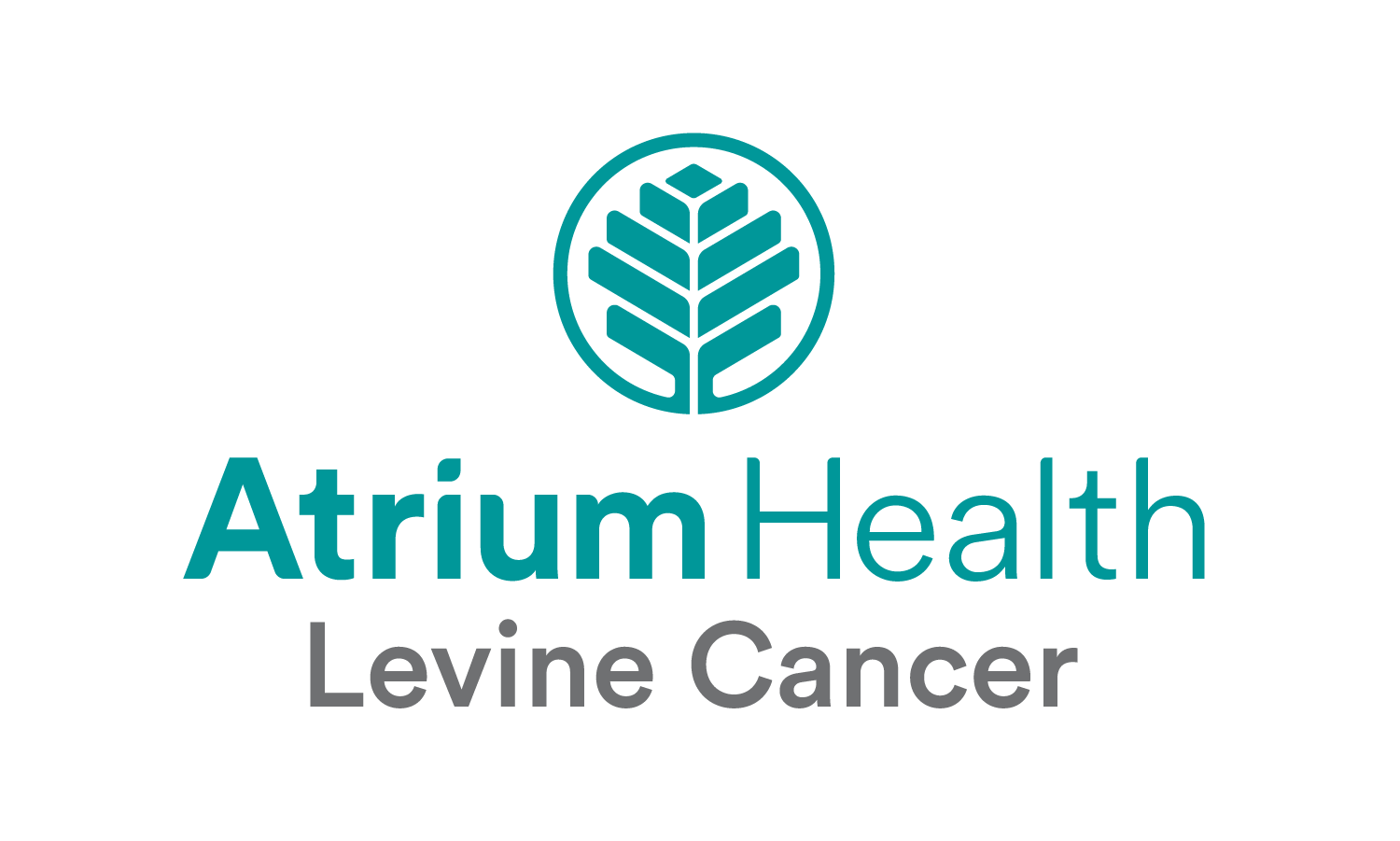- Advertise
- About OncLive
- Editorial Board
- MJH Life Sciences brands
- Contact Us
- Privacy
- Terms & Conditions
- Do Not Sell My Information
2 Clarke Drive
Suite 100
Cranbury, NJ 08512
© 2025 MJH Life Sciences™ and OncLive - Clinical Oncology News, Cancer Expert Insights. All rights reserved.
Dr. Thompson on Sequencing Strategies in HER2+ Breast Cancer
Forrest Thompson, MD, discusses sequencing strategies in HER2-positive breast cancer.
Forrest Thompson, MD, hematologist and medical oncologist, Levine Cancer Institute, Atrium Health, discusses sequencing strategies in HER2-positive breast cancer.
Docetaxel, carboplatin, trastuzumab (Herceptin), and pertuzumab (Perjeta) should be considered for the frontline treatment of patients with early-stage HER2-positive disease, says Thompson.
If patients have residual disease, ado-trastuzumab emtansine (T-DM1; Kadcyla) may be used as adjuvant therapy, says Thompson. T-DM1 was initially approved to treat patients with metastatic breast cancer. In May 2019, the FDA approved the agent for the adjuvant treatment of patients with HER2-positive early-stage breast cancer who have residual invasive disease after neoadjuvant taxane and trastuzumab-based treatment.
In the third-line setting, treatment selection may be influenced by the patient’s burden of disease, explains Thompson.
For example, fam-trastuzumab deruxtecan-nxki (Enhertu), which was approved in December 2019 for the treatment of patients with unresectable or metastatic HER2-positive breast cancer who have received ≥2 prior anti—HER2-based regimens in the metastatic setting, may be given to patients who have liver metastases or large lung metastases. Pending approval, the combination of capecitabine and tucatinib could be used for patients who have limited metastases and a low burden of disease, concludes Thompson.


